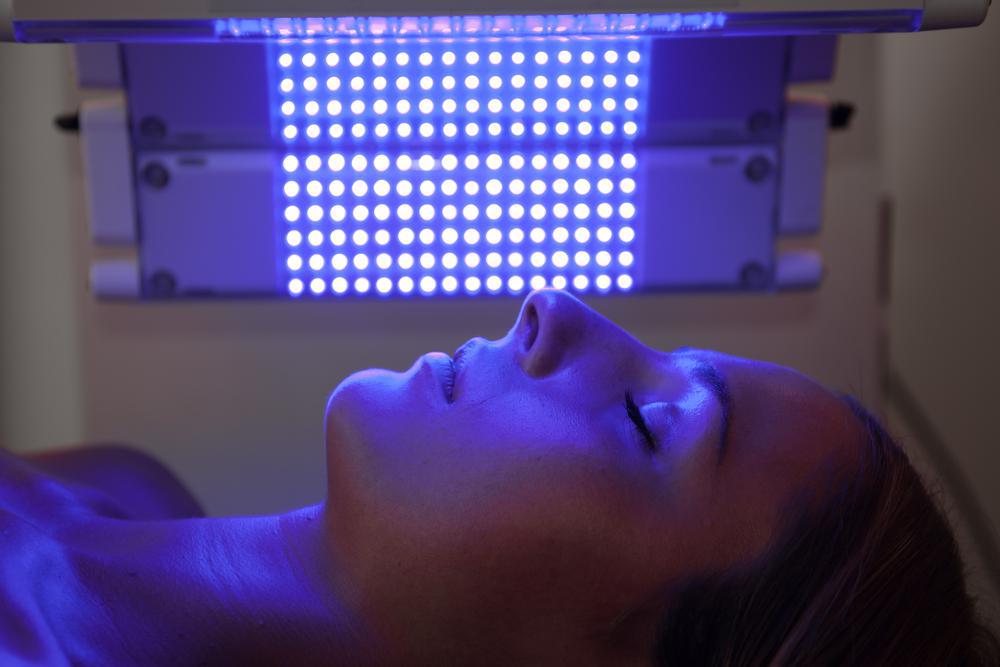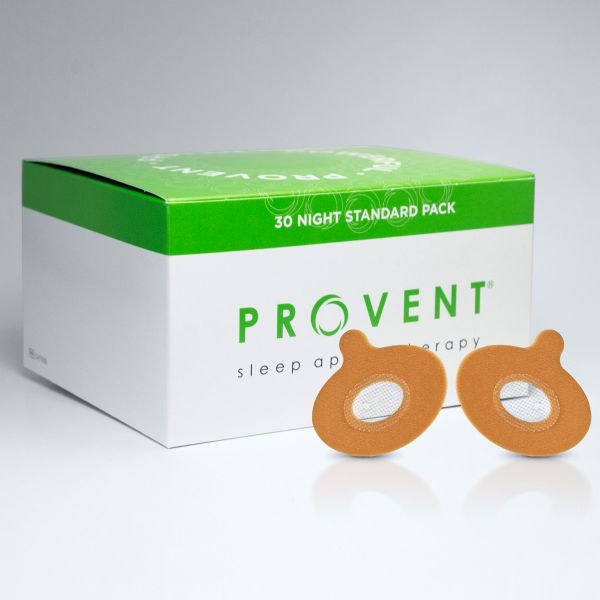Natural Insomnia Remedies - Safe and Efficient Treatments
Natural Insomnia Remedies - Safe and Efficient Treatments
Blog Article
Reliable Therapy Solutions for Taking Care Of Rest Disorders and Enhancing Relaxing Sleep
In the realm of medical care, the management of sleep conditions and the pursuit for relaxing sleep are pivotal parts of total well-being. As we navigate the elaborate landscape of rest problems and seek to improve our rest experience, a much deeper understanding of these treatment remedies might hold the trick to unlocking a more relaxing and fulfilling restorative journey.
Cognitive Behavioral Treatment for Sleeplessness (CBT-I)
Cognitive Behavior Treatment for Sleeping Disorders (CBT-I) is an organized, evidence-based therapy approach that concentrates on attending to the underlying elements adding to rest disruptions. This sort of treatment aims to customize habits and thoughts that aggravate insomnia, eventually promoting healthy and balanced rest patterns. CBT-I generally includes numerous key components, consisting of cognitive therapy, sleep restriction, stimulus control, and rest health education.
Cognitive treatment aids people determine and transform unfavorable thought patterns and ideas concerning rest that may be hindering their ability to fall or stay asleep. Sleep limitation includes restricting the amount of time spent in bed to match the individual's actual rest period, thus enhancing sleep performance (sleep improvement therapy). Stimulus control techniques aid develop a solid association between the bed and rest by encouraging individuals to head to bed only when drowsy and to stay clear of participating in promoting activities in bed
Moreover, sleep health education focuses on developing healthy rest practices, such as maintaining a regular sleep timetable, producing a relaxing bedtime regimen, and enhancing the rest environment. By addressing these aspects adequately, CBT-I uses an effective non-pharmacological treatment for managing sleep problems and boosting general rest top quality.
Rest Health Practices
Having established the foundation of cognitive restructuring and behavioral adjustments in resolving sleeping disorders via Cognitive Behavior modification for Insomnia (CBT-I), the focus currently changes in the direction of discovering vital Sleep Hygiene Practices for keeping optimum sleep quality and general health.
Rest hygiene methods incorporate a series of habits and environmental variables that can considerably affect one's capability to sleep and stay asleep throughout the evening. Regular sleep and wake times, producing a relaxing going to bed regimen, and enhancing the rest setting by maintaining it dark, quiet, and cool are vital parts of good rest hygiene. Limiting exposure to displays before bedtime, avoiding energizers like caffeine near to bedtime, and participating in normal exercise throughout the day can also promote far better rest quality.
In addition, exercising leisure techniques such as deep breathing workouts or meditation before bed can aid relax the mind and prepare the body for sleep. By integrating these sleep health techniques right into one's everyday routine, people can develop a healthy sleep pattern that sustains here relaxed rest and overall health.
Leisure Strategies and Mindfulness
Implementing leisure techniques and mindfulness methods can play a crucial duty in fostering a feeling of tranquility and promoting top quality rest. In addition, led imagery can help transport people to a relaxed website here area in their minds, aiding in stress and anxiety decrease and enhancing sleep top quality.
Mindfulness practices, such as meditation and yoga, are also efficient in advertising relaxation and boosting sleep. Mindfulness encourages people to stay present in the minute, letting go of fret about the past or future. By incorporating these practices right into a going to bed regimen, people can indicate to their bodies that it is time to relax and prepare for sleep. Generally, incorporating leisure methods and mindfulness methods can substantially add to handling rest conditions and improving overall rest top quality.

Medication Options for Sleep Disorders
After discovering relaxation techniques and mindfulness techniques as non-pharmacological interventions for improving rest top quality, it is important to consider medicine choices for individuals with rest disorders. In situations where way of living changes and treatment do not provide enough relief, medication can be a useful tool in managing rest disturbances.
Commonly recommended medicines for sleep conditions consist of benzodiazepines, non-benzodiazepine hypnotics, antidepressants, and melatonin receptor agonists. Antidepressants, such as trazodone, can be useful for people with co-occurring clinical depression and rest disruptions - natural insomnia remedies.
It is essential for people to speak with a doctor to determine the most suitable medication choice based on short sleep syndrome their certain sleep problem and medical history.
Light Therapy for Circadian Rhythm Regulation
Light therapy, also called phototherapy, is a non-invasive therapy technique used to regulate circadian rhythms and enhance sleep-wake cycles. This treatment entails exposure to intense light that imitates all-natural sunlight, which aids to reset the body's internal clock. By subjecting individuals to specific wavelengths of light, typically in the morning or night relying on the desired result, light treatment can successfully adjust the circadian rhythm to promote wakefulness throughout the day and boost peaceful rest at night.
Study has actually shown that light therapy can be particularly beneficial for people with circadian rhythm problems, such as delayed sleep stage disorder or jet lag. It can also be handy for those experiencing seasonal affective condition (SAD), a type of anxiety that typically happens during the winter season when all-natural light exposure is reduced. Light treatment is generally well-tolerated and can be utilized in conjunction with other treatment methods for rest disorders to enhance end results and improve overall sleep high quality.
Final Thought
To conclude, effective treatment remedies for handling sleep disorders and enhancing relaxing rest include Cognitive Behavior modification for Sleeplessness (CBT-I), sleep hygiene practices, relaxation techniques and mindfulness, medication choices, and light treatment for body clock guideline. These methods can assist people enhance their sleep quality and general health. It is essential to talk to a doctor to identify one of the most ideal approach for addressing rest problems.
As we navigate the detailed landscape of sleep conditions and seek to boost our rest experience, a deeper understanding of these treatment services may hold the trick to opening a much more refreshing and meeting restorative trip.
Sleep restriction includes limiting the quantity of time spent in bed to match the person's actual rest period, thus raising sleep performance. Regular sleep and wake times, developing a relaxing bedtime routine, and enhancing the sleep atmosphere by keeping it dark, peaceful, and cool are important components of excellent sleep hygiene. Light therapy is typically well-tolerated and can be made use of in combination with various other therapy methods for sleep problems to optimize end results and improve total sleep quality.

Report this page